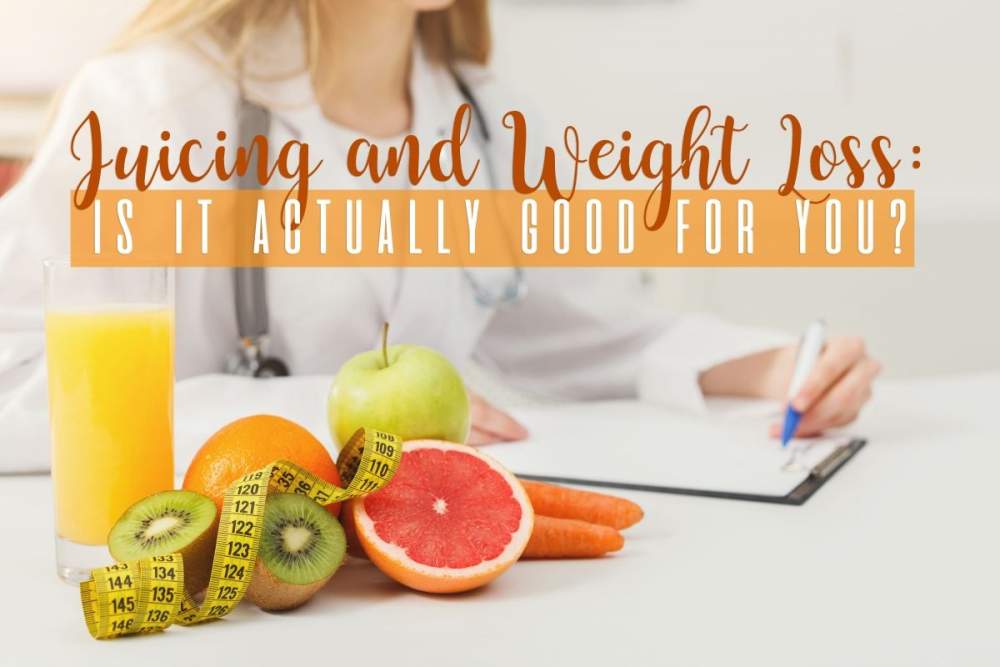It seems like raw cold-pressed juice suddenly cropped up overnight. Now city streets have green juice shops peppered across town, your local grocery store stocks raw juice, and you might have contemplated spending a couple of hundred dollars on a fancy new juicer.
Why?
The promise that it may help you to lose weight. Who doesn’t want an inch or two removed from their waistlines? However, many people have dismissed juicing as a new health craze and don’t think it’s worth the hype. Despite the hype, it’s important for consumers to know whether or not drinking raw cold-pressed juice is actually good for them. We’ve got the answers below.
Is Drinking Raw Cold-Pressed Juice Good for You?
First, it’s important to understand exactly what juicing is and why it’s something that people consider as a lifestyle choice.
A juicing fast or a juice cleanse is a diet in which a person only consumes fruit or vegetable juice without consuming solid food, although, some cleanses allow users to eat solid foods. People typically try these juice cleanses for detox purposes, weight loss, or simply to increase the amount of fruits and vegetables that they consume on a daily basis.
So, are juice cleanses good for you?
There are noted health benefits of drinking cold-pressed juice, specifically an increased consumption of fruits and vegetables. It’s a fact that most Americans simply do not get enough fruits and vegetables on a daily basis. That means they aren’t getting enough of the essential vitamins and minerals that aid the body’s proper function.
However, there is no evidence that suggests drinking cold-pressed juice is better healthier than eating fruits and vegetables. Frankly, one of the biggest draws to drinking cold-pressed juice is its convenience. A bottle of juice is much easier to carry and consume than eating the daily recommended amount of fruits and vegetables.
What about the bad reputation that cold-pressed juice gets?
Potential Drawbacks
Many people are concerned with the amount of sugar that pressed juice contains. Some people take issue with the sugar content of some juices and the fact that some juice cleanses leave you at a major caloric deficit. Here’s what you need to know.
- High Sugar Content – All of the worries about the amount of sugar in raw cold-pressed juice can be assuaged by carefully checking nutrition labels. Additionally, one can make their own juice at home. The fruits are not the enemy, all that’s needed is a little thoughtfulness when it comes to drinking cold-pressed juice.
- Lack of Fiber – As juicing removes the source of fiber from fruits and vegetables, juice cleanses aren’t ideal because they don’t typically allow you to eat solid foods. However, one way to combat this issue is to simply take fiber supplements while you are on your juice cleanse.
- Significant Caloric Deficit – Staying in a caloric deficit while on a juice cleanse is not inherently dangerous. However, being at an extreme caloric deficit for long periods of time can be harmful to your health. To avoid this, ensure that you are consuming at least 1,200 calories on a daily basis, even if you are on a liquid-only diet.
How to Get the Most Out of Your Juice Cleanse
Like any good thing, drinking raw cold-pressed juice is an excellent way to boost your health. Whether you are a juicing veteran or a novice, it’s important to be informed about the potential benefits and drawbacks to juicing. As long as you exercise caution and protect yourself against any drawbacks of drinking raw cold-pressed juice, your juicing journey should be a successful one.
Cold-pressed juice doesn’t only have to be consumed during a cleanse, it can be a part of a regular and healthy diet. It can help to give you a boost in the morning and help you recharge after a workout. Consuming more fruits and vegetables will allow you to reap the benefits of the nutrients and minerals that raw juice boasts. In whatever way that you choose to juice, your body will thank you.
In Conclusion
Drinking raw cold-pressed juice can provide excellent health benefits. However, you’ll have to work to ensure that you are knowledgeable about any potential drawbacks to juicing, in order to prevent them. Juicing is by no means a long-term weight loss solution, but it can be a great way to kickstart your health journey.


